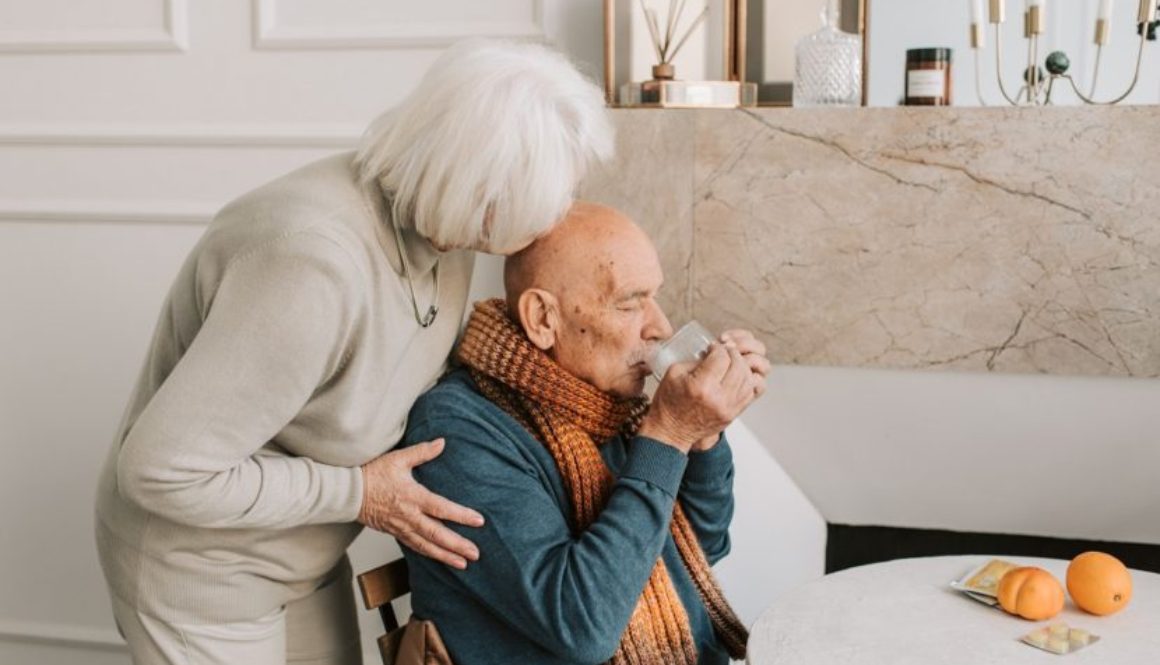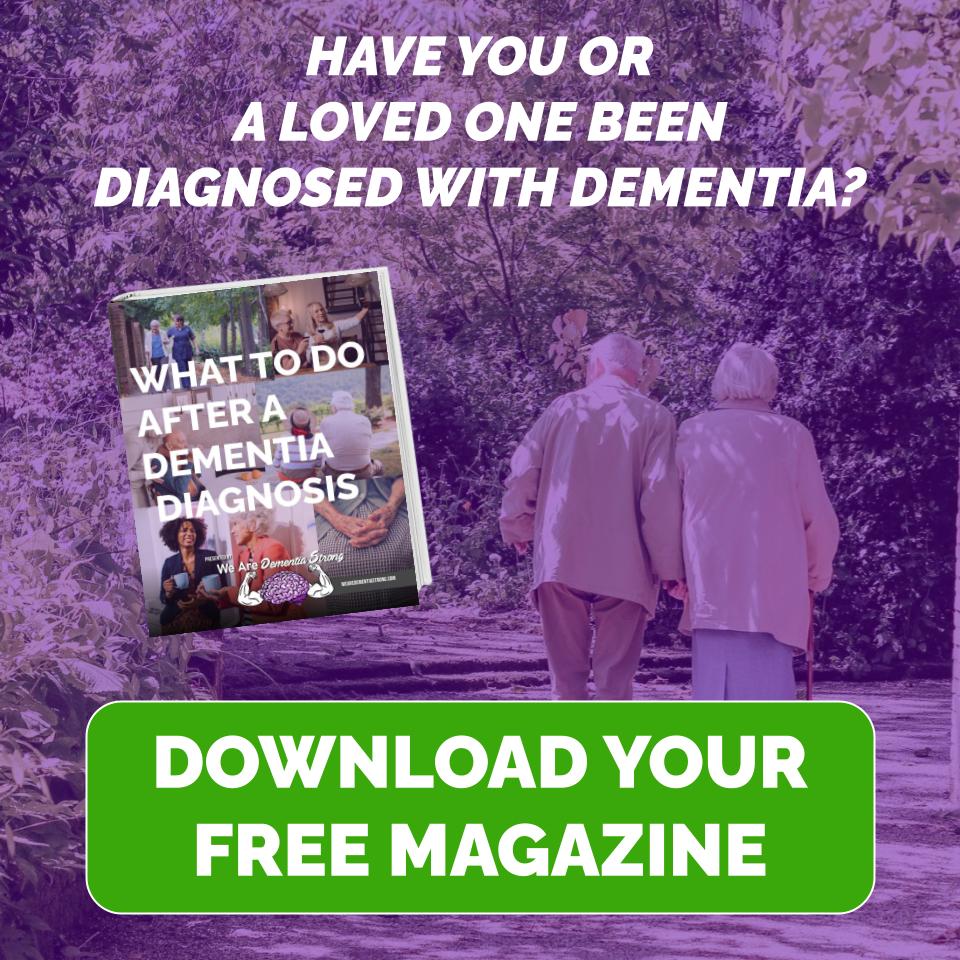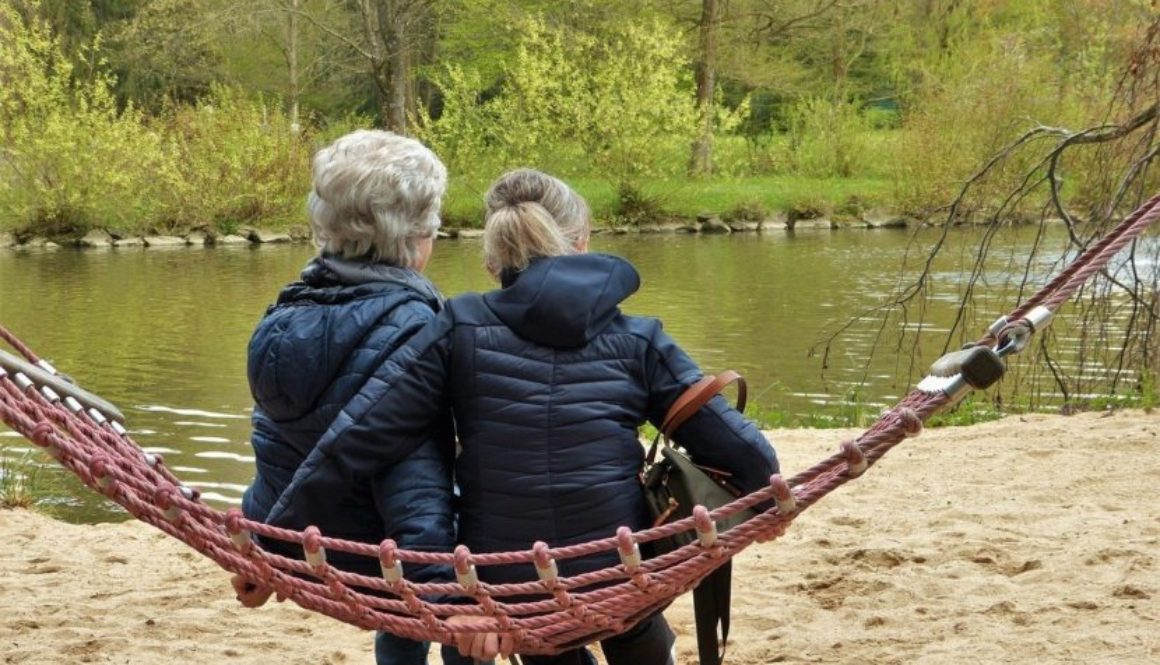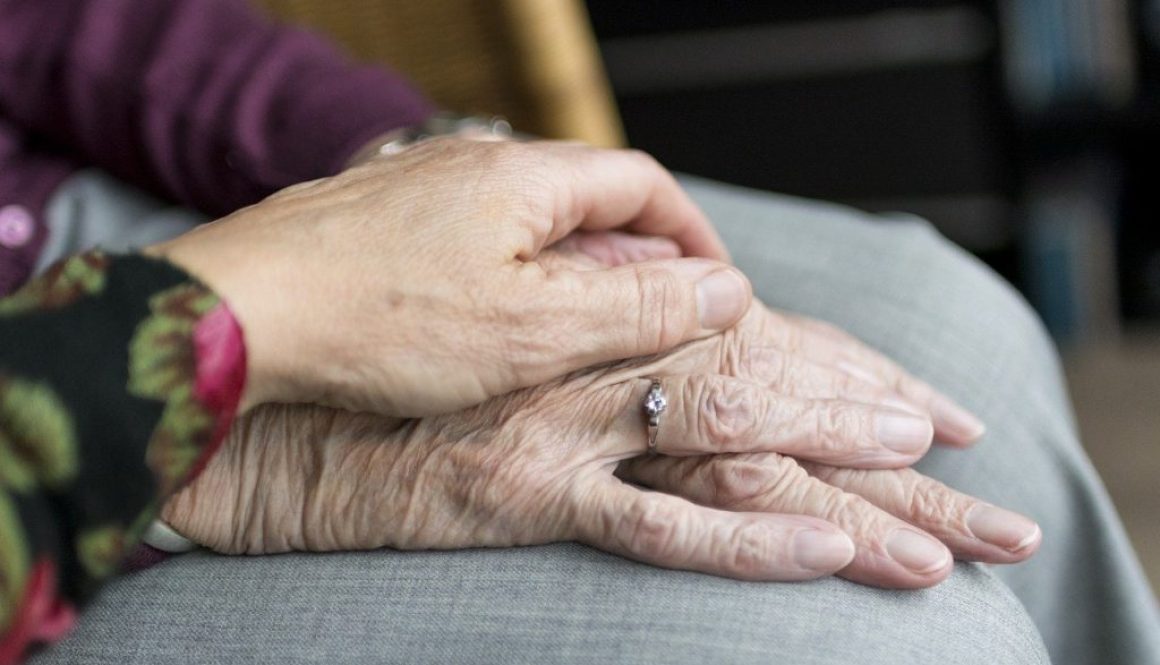Is There a Difference Between Hospice and Palliative Care?
Hospice and palliative care deliver many of the same services. They both ease pain and suffering from serious conditions. But there’s a significant difference between hospice and palliative care: the expected outcome.
Palliative care is delivered when a medical condition, no matter how serious, is not at the moment considered to be life threatening. For example, an individual may enter palliative care while receiving cancer treatments or after a serious car accident with a generally positive outlook that recovery is possible (and likely). On the other hand, hospice is considered end-of-life care as most individuals are expected to live six months or less. It’s not a surrender, but rather a comfort tactic for the individual and a resource haven for care-partner team members.
Both Hospice and Palliative Care Deliver Comfort Care … but for Different Reasons
Let’s break down the similarities and differences a bit further.
Hospice Care
Hospice is often one of the final steps in a well-made life-care plan. At this stage, medical professionals and care-partner team members agree that the individual will die soon. Whether they have a terminal illness like cancer or dementia or they’re simply at the end of a lengthy and dignified aging process, hospice delivers whatever level of comfort is necessary to pass peacefully. Hospice care can be administered at home or in a nursing home or assisting-living facility.
At this stage, there’s very little concern over how to achieve comfort. Doctors would normally steer clear of potentially addictive opioids for pain management, but individuals under hospice care don’t need to be so cautious. Dying can be a very painful and uncomfortable process even without terminal illnesses. Individuals often experience everything from severe discomfort to depression. Doctors may prescribe:
- Strong pain medications (like the synthetic opioid Fentanyl)
- Antidepressants
- Anti-anxiety medications
- Antipsychotic medications (to address common hallucinations)
- & More
Contrary to popular belief, the goal of hospice is not to simply “dope” elder loved ones. Staff administer appropriate doses of meds and other treatments to provide comfort, improve appetite as best as possible, and allow the person to enjoy remaining time with loved ones.
Hospice care also supports care partners, family and friends. Watching a loved one die is a heartbreaking experience, quite often accompanied by powerful feelings of sorrow, anger, confusion and even guilt over not being able to “do enough.” Hospice staff personally tend to immediate emotional needs and refer individuals to counseling services, when appropriate.
Most medical insurances, as well as Medicaid and Medicare will cover all hospice costs. To be eligible, you will, however, need a hospice doctor and a private physician to certify in writing that your elder is terminally ill and expected to live six months or less.
Palliative Care
Palliative care also delivers comfort for debilitating diseases and conditions, but with a more positive prognosis. Individuals under palliative care are expected to be cured or at least recover to eventually require little or no further medical intervention. It can cover earlier stages of many of the same conditions treated under hospice: cancer, congestive heart failure, kidney failure, Alzheimer’s disease and other forms of dementia, etc. (In fact, my life partner/care partner Brian LeBlanc receives palliative care treatments for his advancing Alzheimer’s and vascular dementia. He is still quite lucid and functional, likely with many great years left. But his conditions have all sorts of effects, from hallucination to disorientation, that require comfort care.)
The aim is to improve quality of life. A medical condition could be horrendous for many months or even years. Surgeries and other treatments like chemotherapy to beat cancer can be even more unbearable than the diseases. Recovery can be a long road, but palliative care sees the destination and wants to get there as comfortably as possible.
Much like hospice, palliative care professionals may provide strong medications like opioids to manage pain and discomfort. Treatments may also include stabilizing care and physical therapy to keep the body strong in its prolonged fight. Also like hospice, palliative care addresses mental health for both patients and families.
Conditions change. Seemingly overnight, an illness could become deadly that wasn’t terminal when beginning palliative care 18 months ago. Palliative care can easily transition to hospice, if end-of-life care becomes necessary. It’s also mostly covered by Medicaid, Medicare and most major health plans.
Hospice and Palliative Care Are Different, But They Deliver Comfort When Needed Most
You never know what life’s journey will bring. Over 1.5 million Medicare beneficiaries received end-of-life hospice care in the U.S. in 2018. The World Health Organization estimates over 40 million people worldwide require palliative care each year. We all deserve a life worth living, and comfort care provides that service for those who need it most.
We recommend having these conversations with your elder loved ones early in the planning process, so everyone on the care-partner team can assess end-of-life care with a clear head and without bias. If you need help, Caregiver Support and Resources, LLC can help you to build a plan today and refer you to a great hospice agency tomorrow.












